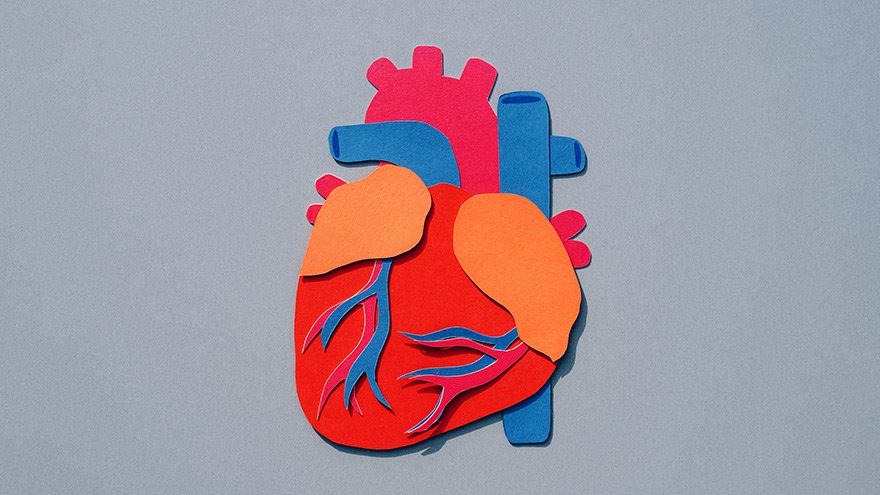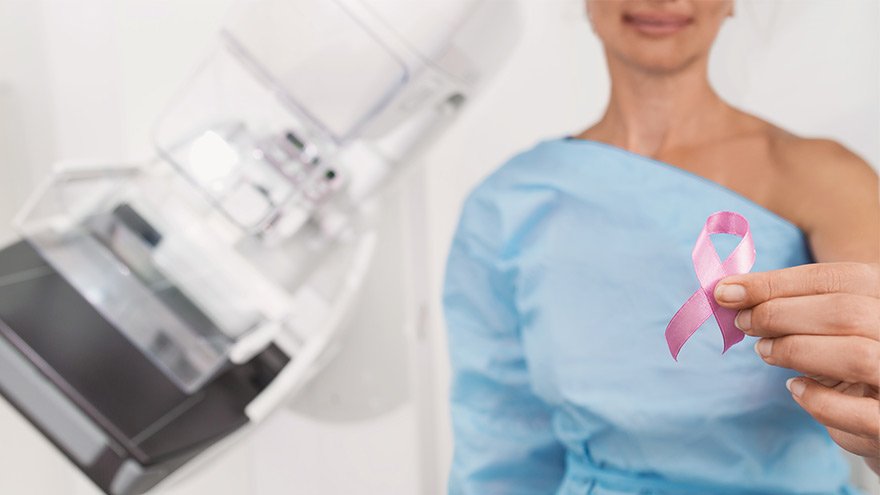

Heart disease affects more women than many people realize. In fact, it is the leading cause of death among women in the U.S., taking the lives of about 305,000 women each year. That’s about 1 in every 3 female deaths.
More than 60 million women in the U.S. are living with some form of heart disease. Yet many don’t see themselves at risk—only about half (56%) know it’s the leading cause of death for women.
Women’s Heart Attack Symptoms Are Often Different
Reviewed by Dr. Benjamin Ebner, board-certified interventional cardiologist specializing in advanced cardiovascular care at Renown Health.
When people think of a heart attack, they often imagine intense chest pain. But for women, the signs are often less obvious—and easier to miss.
Many women experience what’s known as “atypical” heart attack symptoms. These may not feel urgent, but they can be just as serious.
New to Heart Care?

Women's Heart Attack Symptoms:
- Angina- usually felt as a dull or heavy chest discomfort
- Discomfort may also be felt in the upper abdomen, neck, jaw or the arms.
- Women may also experience less typical symptoms – nausea, shortness of breath or unusual tiredness.
- Mild to moderate intensity symptoms which last several minutes at a time are particularly worrisome
- Angina
- Unusual fatigue
- Shortness of breath (even without chest pain)
- Nausea or vomiting
- Pain in the jaw, neck, back, or arms
About 43% of women don’t have chest pain during a heart attack.
This can delay treatment or lead to missed warning signs.
Risk Factors That Increase a Woman’s Heart Disease Risk
Several health conditions and lifestyle habits can raise a woman’s chance of having a heart attack. Some of these are more common after menopause, but many start earlier in life.
Key Risk Factors for Women:
- High blood pressure
- High cholesterol
- Diabetes
- Obesity
- Smoking
- Family history of heart disease
- Lack of physical activity
- Autoimmune conditions like lupus or rheumatoid arthritis
- History of gestational hypertension, diabetes or pre-eclampsia
Stress and depression may also have a bigger impact on women’s heart health compared to men.
Younger Women Are at Risk Too
While heart disease becomes more common with age, younger women are not immune. In recent years, more heart attacks are being seen in women between ages 35 and 54.
Certain types of heart attacks—such as spontaneous coronary artery dissection (SCAD)—are also more likely to affect younger women and may not be caused by clogged arteries.
What You Can Do to Protect Your Heart
The good news is that heart disease is often preventable. Knowing your numbers, recognizing symptoms early, and making healthy lifestyle choices can make a big difference.
Steps You Can Take Today:
- Talk with your provider about your heart health and risk factors.
- Get regular screenings for blood pressure, cholesterol, and blood sugar.
- Quit smoking—it’s one of the strongest preventable risk factors.
- Be active most days of the week. Even walking counts.
- Eat heart-healthy foods, including fruits, vegetables, whole grains, and lean proteins.
- Manage stress through mindfulness, exercise, or counseling when needed.
Know the Signs. Speak Up. Take Action.
If something feels off, trust your instincts. Don’t wait—call 911 if you notice warning signs, especially if symptoms are mild to moderate in intensity and lasting continuously for several minutes.
And remember: heart disease doesn’t always follow the rules. Getting help early can save your life.
Related Blogs


Renown Vascular Care Transforms High Blood Pressure Treatment
